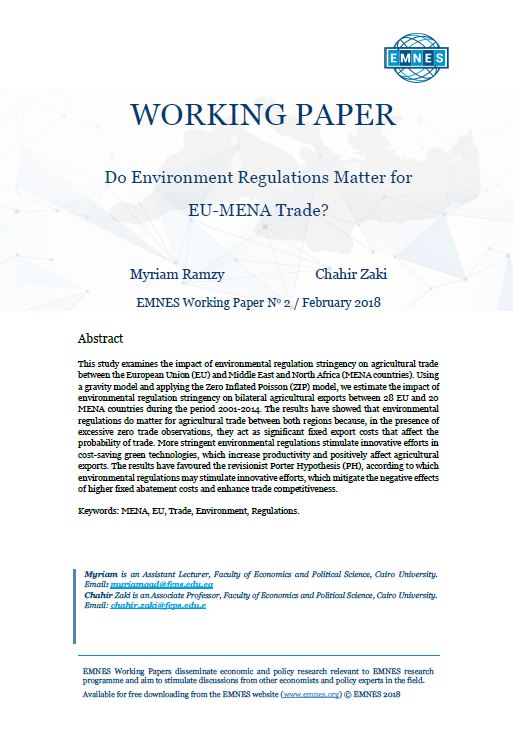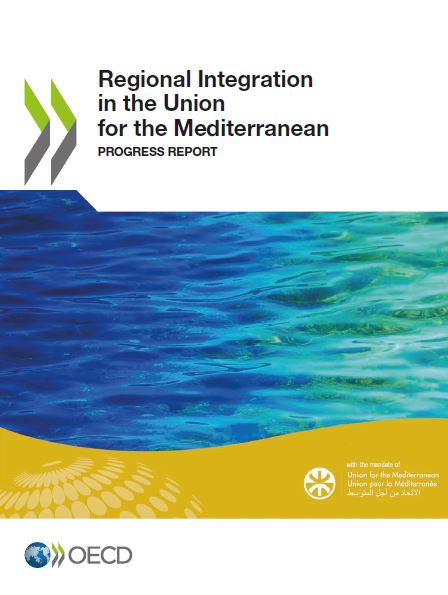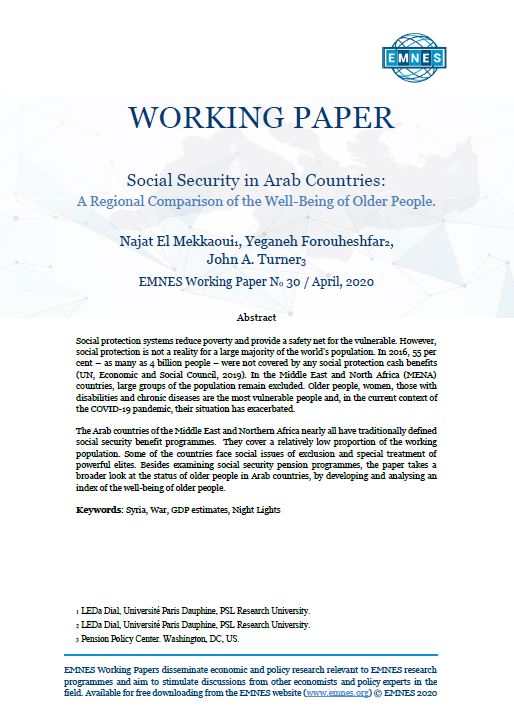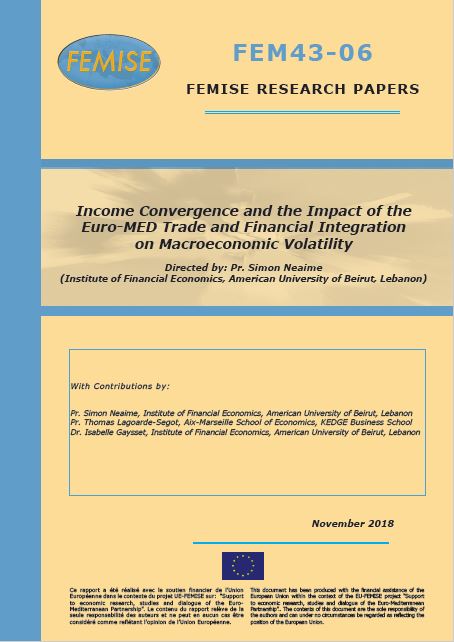EMNES Working Paper n°2 : Do environment regulations matter for EU-MENA trade ?

This study examines the impact of environmental regulation stringency on agricultural trade between the European Union (EU) and Middle East and North Africa (MENA countries). Using a gravity model and applying the Zero Inflated Poisson (ZIP) model, we estimate the impact of environmental regulation stringency on bilateral agricultural exports between 28 EU and 20 MENA countries during the period 2001-2014. The results have showed that environmental regulations do matter for agricultural trade between both regions because, in the presence of excessive zero trade observations, they act as significant fixed export costs that affect the probability of trade. More stringent environmental regulations stimulate innovative efforts in cost-saving green technologies, which increase productivity and positively affect agricultural exports. The results have favoured the revisionist Porter Hypothesis (PH), according to which environmental regulations may stimulate innovative efforts, which mitigate the negative effects of higher fixed abatement costs and enhance trade competitiveness.
Latest Publications































 Syria
Syria 



